Lizz Winstead is a woman on a mission. She is laser-focused on changing the trajectory of the restrictive reproductive healthcare roll-backs that have been in high gear since 2010.
Rallying against the entrenched “patriarchy” is a full-time occupation for Winstead. How she got to where she is, and what she has already accomplished on her journey, was the subject of our hour-long phone conversation.
Read More: What Women Our Age Know Better Than Anyone About the Abortion Debate
Funny Times at First
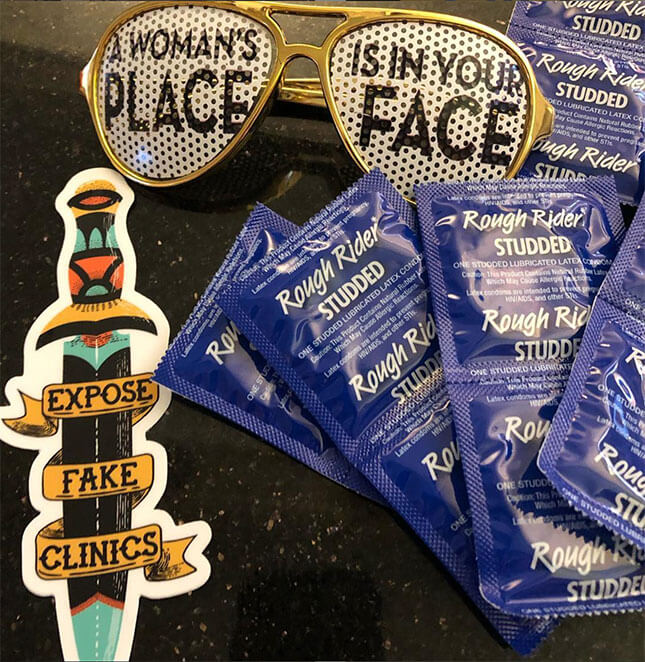
Image: Lizz Winstead/Instagram
Raised in a conservative Catholic family in Minneapolis, Minnesota, Winstead’s evolution began with the pursuit of stand-up comedy. Her first gig was in 1983, and women’s issues were always part of her material. In 1990, she was doing riffs on explaining to her mother that her diaphragm was a bathing cap for her cat. (Mom wanted one too!).
In 1996, Winstead and Madeleine Smithberg co-created The Daily Show, where Winstead was a head writer. When I sheepishly admitted that I wasn’t aware that two women were the originators of that well-known brand, Winstead replied sardonically, “Behind every successful man is a woman someone forgets to mention.” On a rudimentary level, she explained, “the networks weren’t interested in promoting that fact.”
While there, Winstead signed those who would become top talents to The Daily Show, including Stephen Colbert and Lewis Black. She did stints as an in-the-field correspondent and left the show in 1998.
In 2003, Winstead had another career high when she co-founded Air America Radio, where she was senior vice president and then executive vice president for programming. One of the shows was an introductory platform for Rachel Maddow.
The comedy that Winstead delivers has always reflected her view of the world: She described the second Democratic debate as “speed debating.”
However, a major shift began in 1991, during the first Gulf War. Winstead described an awakening while watching the way the war was being presented via the CNN coverage. She asked herself, “Are they trying to sell me a war or report it?” For her, it felt more like the roll out of a mini-series.
This was the beginning of Winstead’s involvement in critically analyzing the media and determining what she wanted her comedy to be. At that time, there were very few people actively considering the interrelationship between media and the government’s agenda.
Just having the opportunity as a woman to talk about politics was limited. “There aren’t a lot of us,” Winstead emphasized. She mentioned the festival, Just for Laughs, which originated in the 1980s, and is held annually in Montreal. “When they do their political shows, it’s almost all dudes,” Winstead informed me.
Giving Women a Louder Voice
It became clear to Winstead that “no one was inviting women on stage to share their opinions.” Her a-ha moment came when she realized that her established opening line, “Did you ever notice …” was received very differently than when she began, “I think …” Being so direct, in Winstead’s words, “Kind of killed the vibe.”
Winstead began seriously re-evaluating how she wanted to deliver her insights, what kind of audiences she wanted to cultivate, and what the manifestation of her authentic voice would be. “It comes from your soul,” Winstead stressed as we spoke about the history of previous social critics, like Lenny Bruce and Dick Gregory.
Being a “truth teller,” as Winstead defines it, doesn’t allow her to pull any punches. “Who I vote for doesn’t get a pass,” she underscored. This was evidenced when she took President Obama and Hillary Clinton to task for their silence on the Harvey Weinstein sexual abuse allegations. Weinstein had been a major Democratic Party donor.
In the role of “Trusted Narrator,” Winstead sees her purpose as calling out “stupidity or abuse of power” in both her satire and her activism. In 2012, Winstead published Lizz Free or Die: Essays, which dug into how she intuitively pushed back against authority and embraced her iconoclastic personality.
Winstead has self-defined her role as an “anger fluffer.” It turned out that audiences wanted to get proactive on the issues that Winstead was deconstructing in her monologues. “If you are going to open people’s eyes, you have to help them,” Winstead said.
Organizing and Orchestrating
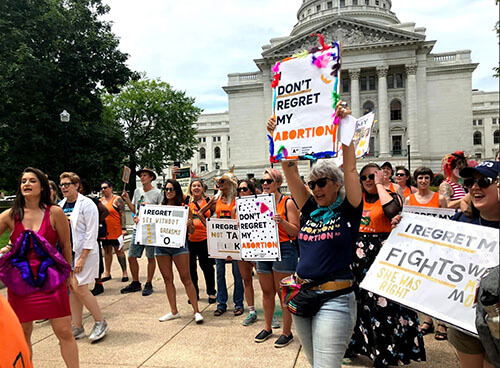
Non-profit organization Abortion Access Front (AAF) in Madison, WI counter-protesting anti-choice group Operation Save America. Image: AAF
In 2015, Winstead founded Lady Parts Justice League, which distinguished itself as “a comedy war room that produces strategic and educational content on issues around reproductive care and abortion.”
The name originated from the real-life event that caused Representative Lisa Brown to be banned from the Michigan state House floor. She used the word vagina in a heated debate on abortion, and was told by the speaker of the house that the term “lady parts” was more appropriate.
The non-profit organization has since rebranded to Abortion Access Front (AAF). The move was designed to create an intersectionality reflecting a commitment to “the reproductive health and rights not only of cis women, but people of all genders.”
Winstead gathered top creatives to use their talents to “destigmatize abortion” and to put the topic at the center of public discourse. AAF uses the tools of social media to educate and to push back against the lack of on-the-ground information—particularly regarding how the poor and people of color are being impacted by regressive reproductive health legislation.
The Vagical Mystery Tour has become Abortion AF: The Tour, which travels the country year-round to independent abortion clinics and their community supporters. To amplify the actions, they use the hashtag #WeShowUp via their Twitter handle. These shows buoy the spirits and enhance recognition for those in the trenches.
For Winstead, it’s about standing with smaller clinics, keeping abortion access prominently positioned, and, most importantly, supporting abortion rights.
Read More: What You Don’t Know About the ERA Could Hurt You!
Sowing the Seeds of Change
News stories that don’t get enough traction are also a key part of the AAF agenda. Title X funds, which are supposed to be earmarked to help low-income people and provide reproductive healthcare options, have found their way to facilities that specifically steer patients away from abortion services and birth control. Obria is one such entity that is frequently on the AAF Daily Takedown—with the hashtag #ExposeFakeClinics.
Winstead is politically savvy and knows well that the key to so many crucial issues is located in each state’s legislature. We discussed the importance of hyperlocal government and the role it plays in shaping policy on education, LGBTQ rights, women’s health, and gun control. AAF helps promote on-the-ground mobilization of people to attend protests, while additionally producing activist toolkits for “individuals and partner organizations.”
Despite the serious conversation, Winstead landed plenty of well-crafted one-liners. Her Twitter feed has humorous gems on news of the day, pushback against trolls, and info on the latest dates for the Abortion AF: The Tour. Without doubt, Winstead has been a driving force in impacting the way American audiences interact with political content.
As the conversation was winding down, I asked Winstead, who is 58, how she managed to fight ageism as a woman and as a comic.
Here response was to the point: “I fight ageism by being in the world. Now more than ever, you have control over your own relevance.” As an afterthought, she added, “Demand that you define who you are.”
***
Marcia G. Yerman, based in New York City, writes profiles, interviews, essays, and articles focusing on women’s issues, human rights, the environment, politics, culture and the arts. Her work has been published by the New York Times, truthout, AlterNet, The Raw Story, Women News Network, and The Women’s Media Center. Her articles are archived at mgyerman.com. You can find her on Twitter @mgyerman.
Image at top taken by Mindy Tucker.






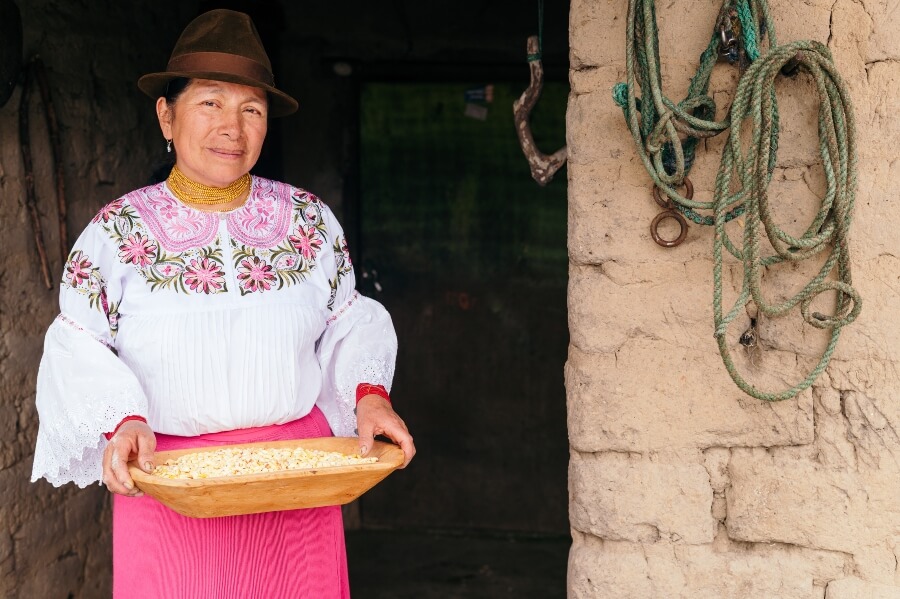
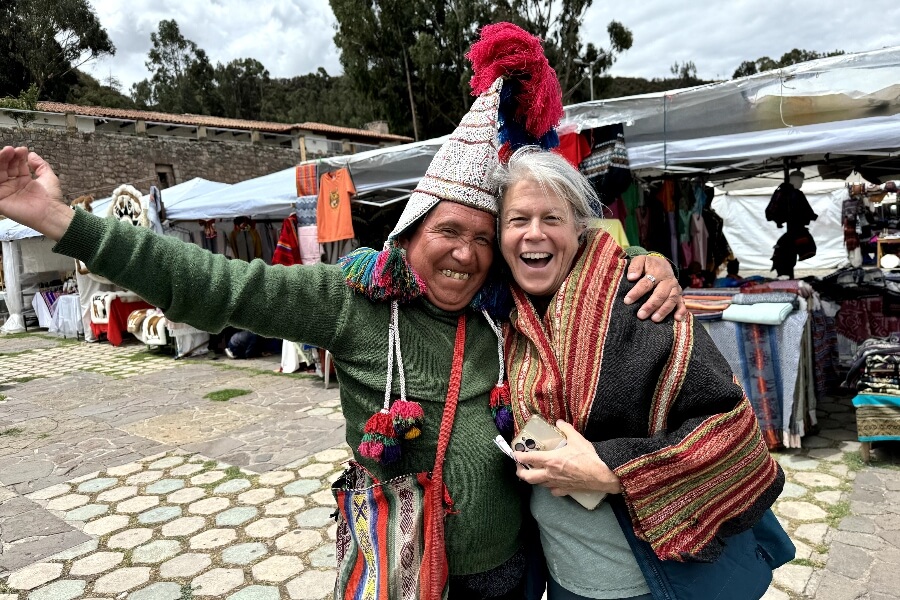

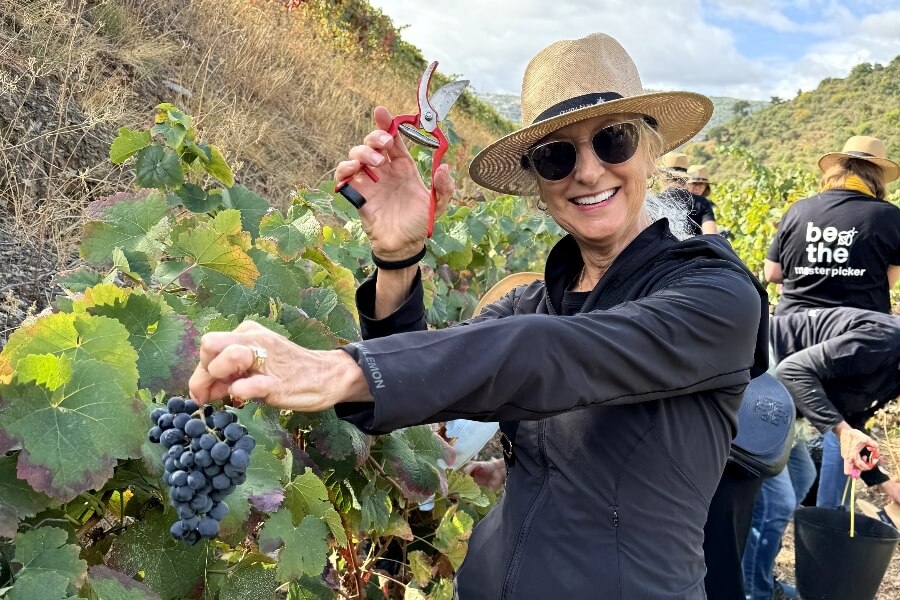

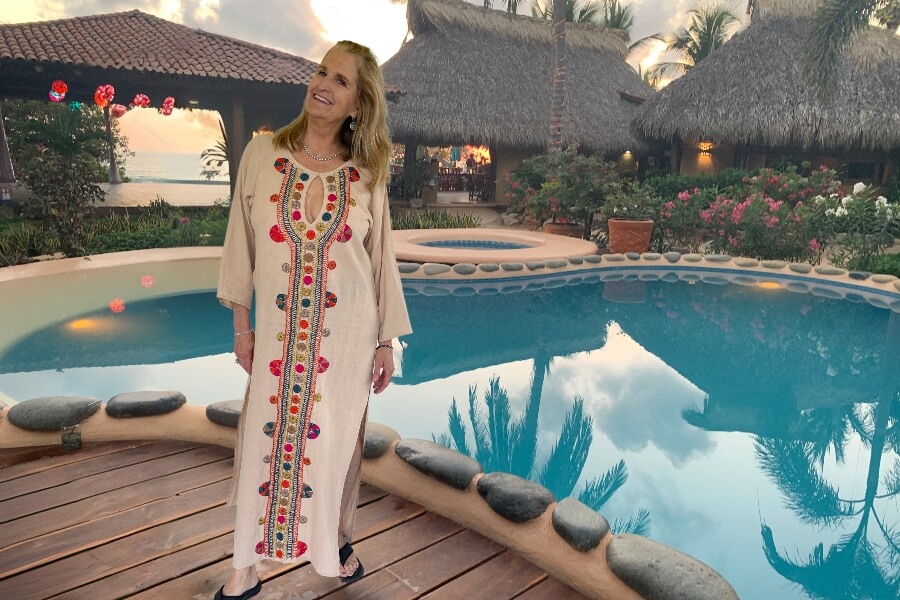
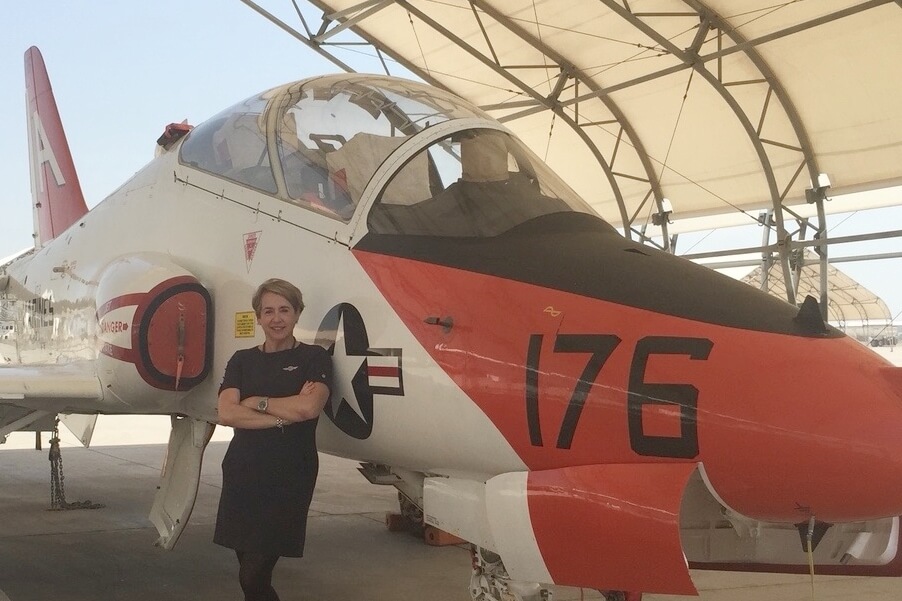

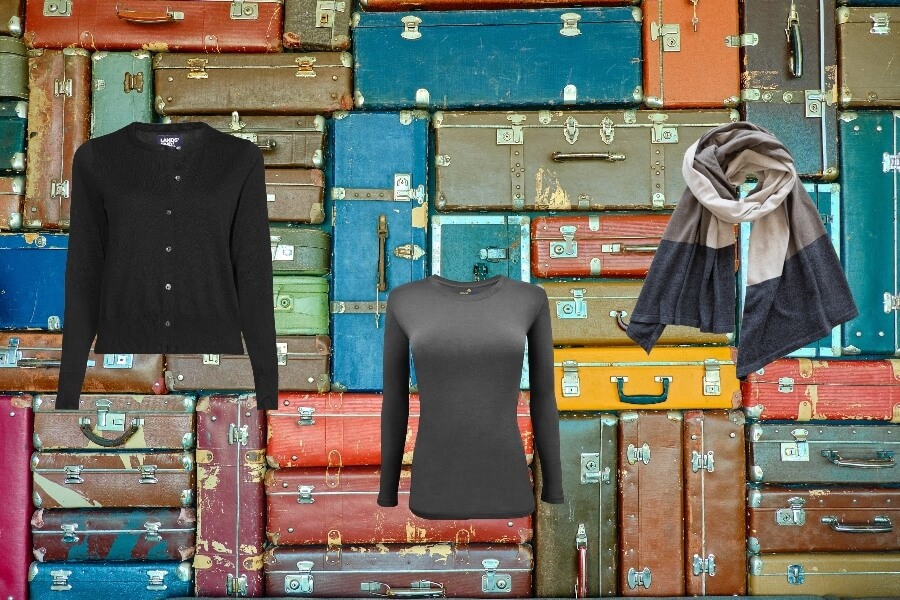



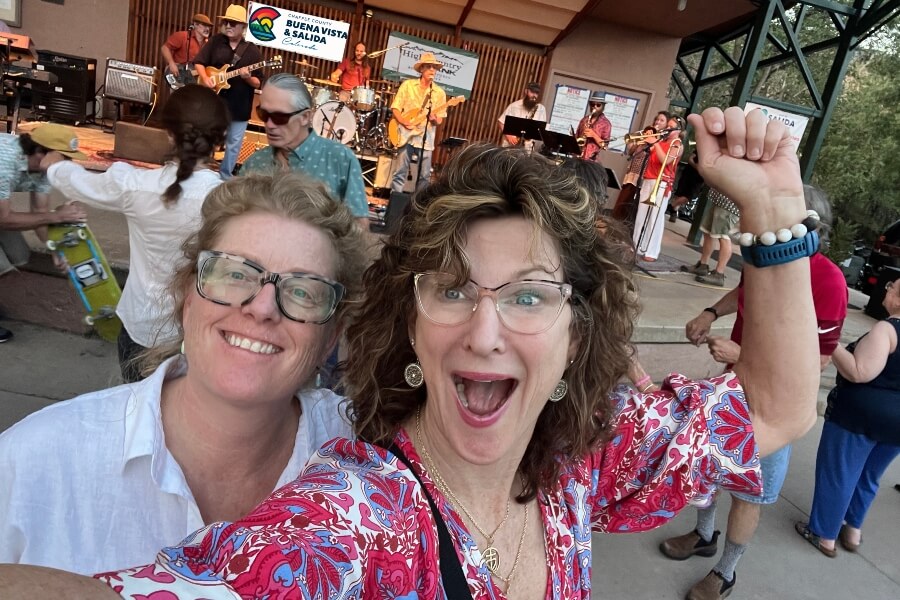



0 Comments